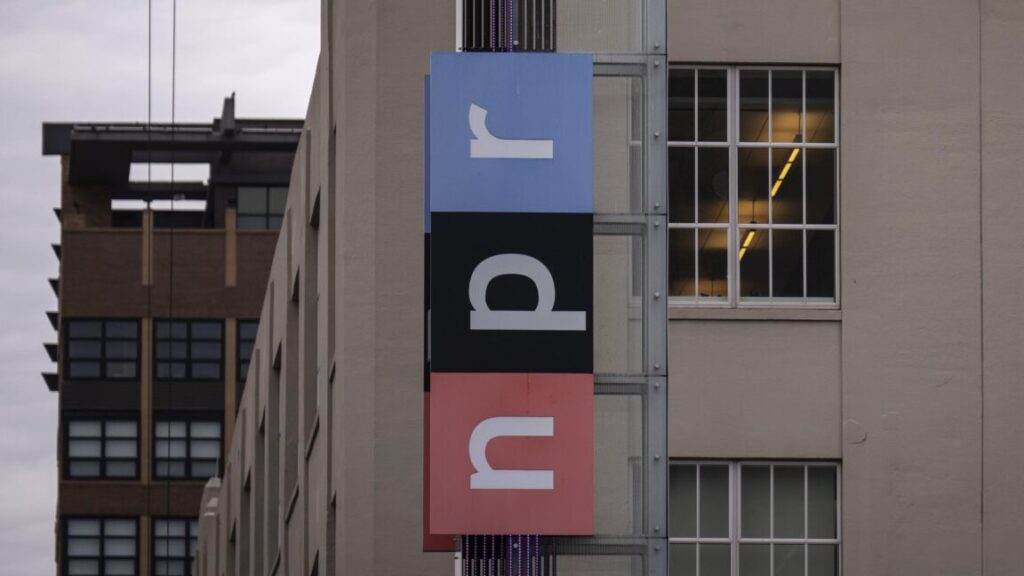We also contacted the CPB and NPR today and will update this article if they provide any comments.
Markey: “Outrageous and reckless… cultural sabotage”
Sen. Ed Markey (D-Mass.) blasted the Trump plan, calling it “an outrageous and reckless attack on one of our most trusted civic institutions… From ‘PBS NewsHour’ to ‘Sesame Street,’ public television has set the gold standard for programming that empowers viewers, particularly young minds. Cutting off this lifeline is not budget discipline, it’s cultural sabotage.”
Citing an anonymous source, Bloomberg reported that the White House “plans to send the package to Congress when lawmakers return from their Easter recess on April 28… That would start a 45-day period during which the administration can legally withhold the funding. If Congress votes down the plan or does nothing, the administration must release the money back to the intended recipients.”
The rarely used rescission maneuver can be approved by the Senate with a simple majority, as it is not subject to a filibuster. “Presidents have used the rescission procedure just twice since 1979—most recently for a $15 billion spending cut package by Trump in 2018. That effort failed in the Senate,” Bloomberg wrote.
CPB expenses in fiscal-year 2025 are $545 million, of which 66.9 percent goes to TV programming. Another 22.3 percent goes to radio programming, while the rest is for administration and support.
NPR and PBS have additional sources of funding. Corporate sponsorships are the top contributor to NPR, accounting for 36 percent of revenue between 2020 and 2024. NPR gets another 30 percent of its funding in fees from member stations. Federal funding indirectly contributes to that category because the CPB provides annual grants to public radio stations that pay NPR for programming.
PBS reported that its total expenses were $689 million in fiscal-year 2024 and that it had $348.5 million in net assets at the end of the year.
NPR and PBS are also facing pressure from Federal Communications Commission Chairman Brendan Carr, who opened an investigation in January and called on Congress to defund the organizations. Carr alleged that NPR and PBS violated a federal law prohibiting noncommercial educational broadcast stations from running commercial advertisements. NPR and PBS both said their underwriting spots comply with the law.


